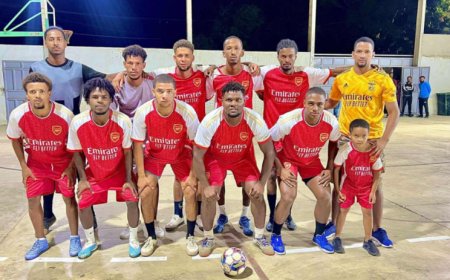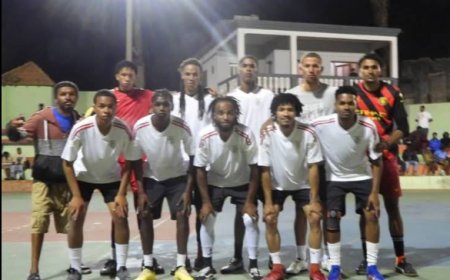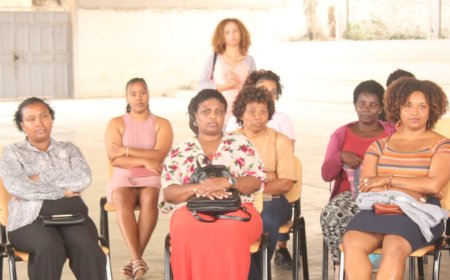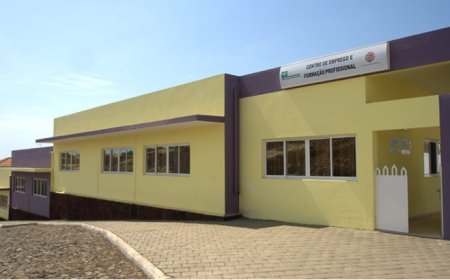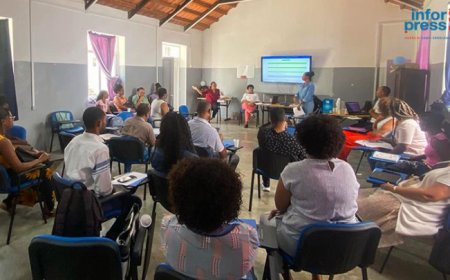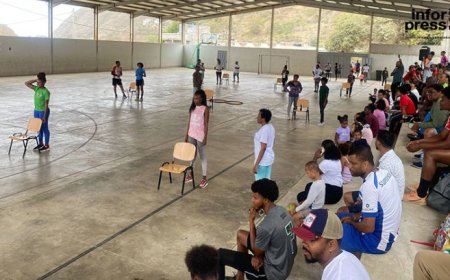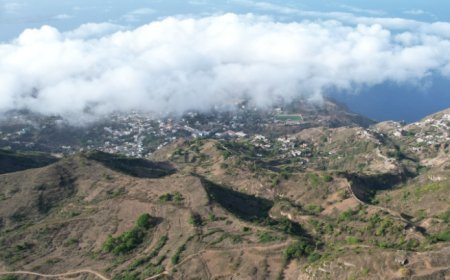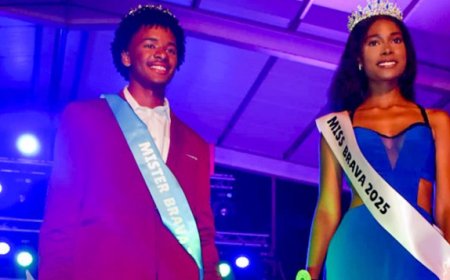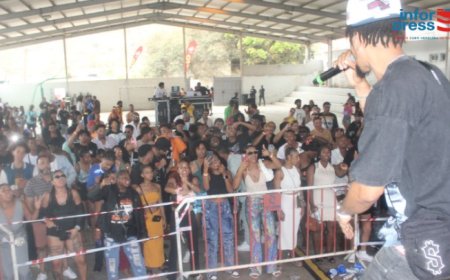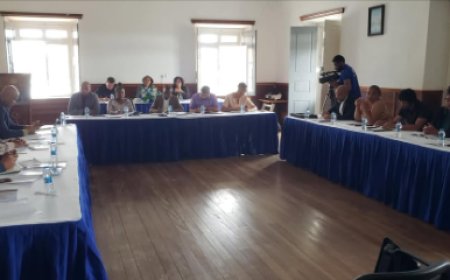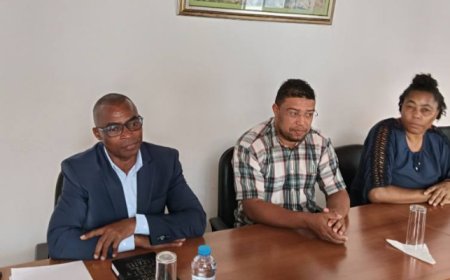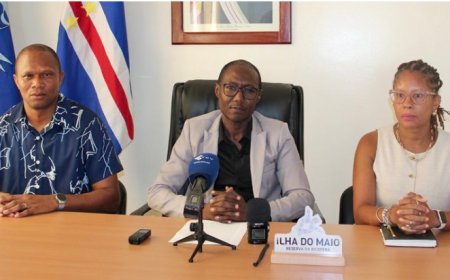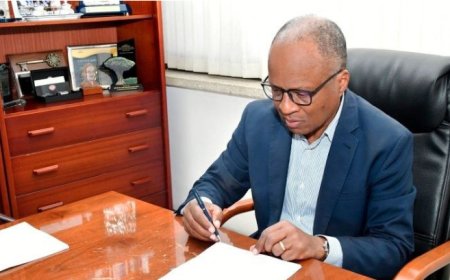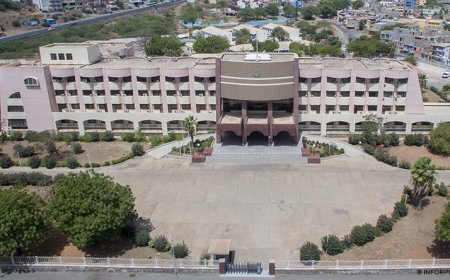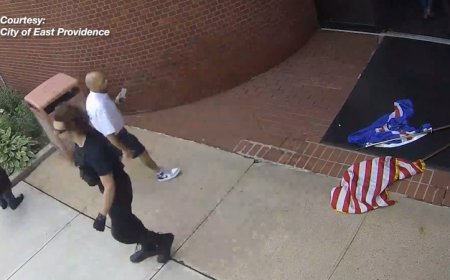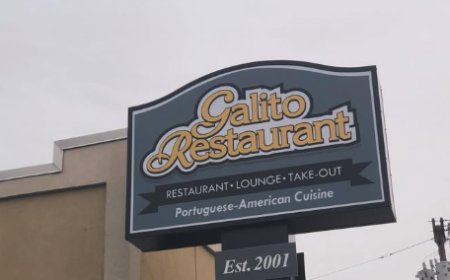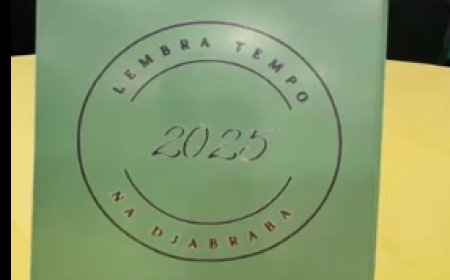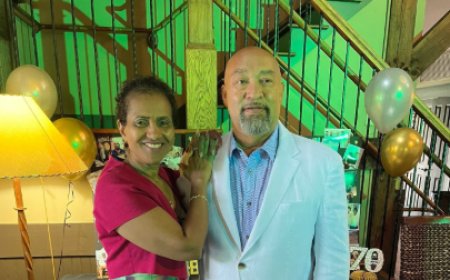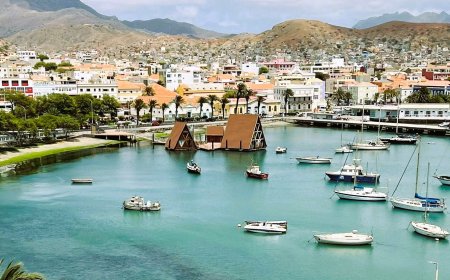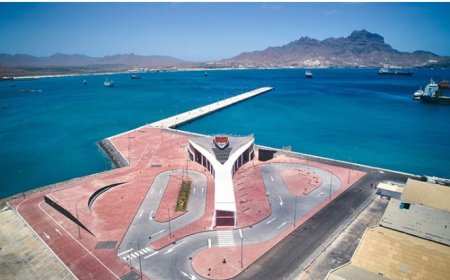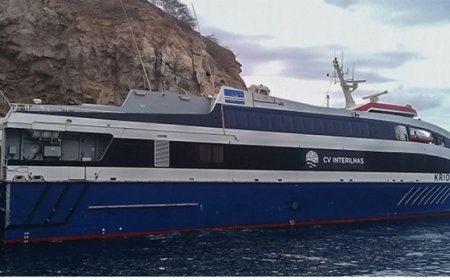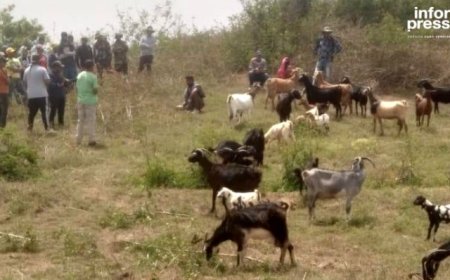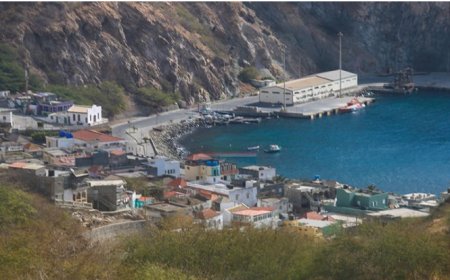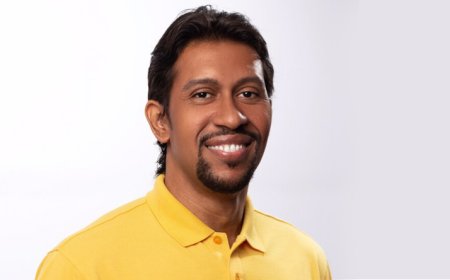Brava: Enthusiasts of the New Year and Reis Magos festivities appeal to the Pelouro da Cultura to make efforts and revive the tradition
Enthusiasts and members of the groups that once organized New Year's Eve and Reis Magos festivities on Brava, considered a “unique tradition” on the island, appeal to the Culture department to make efforts and revive this tradition.
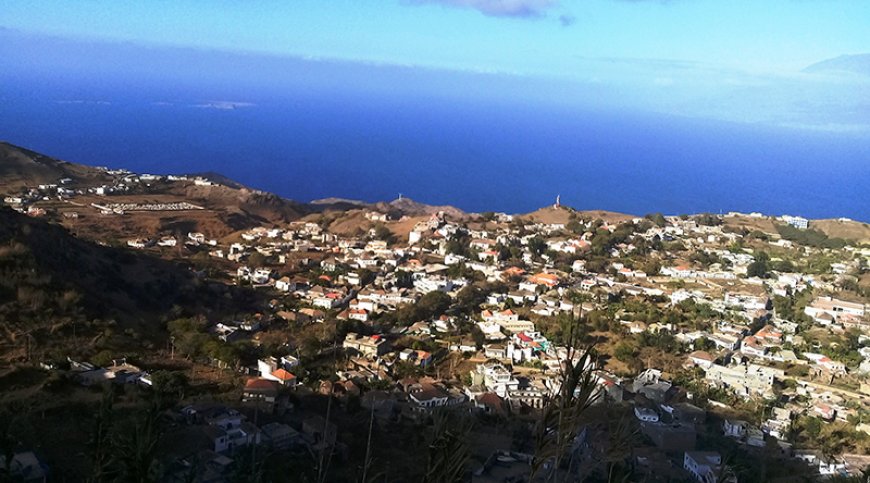
Enthusiasts and members of the groups that once organized New Year's Eve and Reis Magos festivities on Brava, considered a “unique tradition” on the island, appeal to the Culture department to make efforts and revive this tradition.
Speaking to the press, Francisco Almeida recalled with “great sadness” how these parties were held in the old days, a tradition that, according to him, involved many groups that played, but today the tradition is no longer what it was.
He recalled that at these parties, now in disuse, the music that animated the dancers was all instrumental, to the sound of the violin, the rebeca and each mother took her daughters together to have fun on a night when there was a tradition of changing rooms, whether it was from the 31st of December to the 1st of January or on the night of the 5th to the 6th of January, when the “Reis” is celebrated.
In this exchange of rooms, he explained that the men (partners) of each room exchanged with those of other rooms and the ladies remained in the same initial room and when the men arrived to change rooms they were always politely waiting for them, having fun for about for two hours and then the men exchanged again with another group, for the same period.
But, nowadays, as he reinforced, this tradition no longer exists, as it showed that at the time the Municipality of Brava supported the groups and each violinist or player had the pleasure of participating in these activities, which is no longer visible today.
“The council no longer supports it and the price charged for each player is too high to have a party all night, the base of the instrument”, lamented this party planner, for whom the part they feared most was the dawn.
“A fear with two flavors. One of sadness because the night had ended, and one of joy because it was time for all the groups to gather in Eugénio Tavares square, sing Happy Holidays, or even go out, house to house, greeting people”, recalled Francisco Almeida.
Likewise, Antonita Tavares recalled with “great pride” this time when Brava's tradition was the “unique” one and conveyed to anyone, whether young, adult or elderly, the desire to participate in these festivities.
“Everything was different, wonderful, many groups, changing rooms, violin music and today everything has fallen into disuse”, he recalled, lamenting the fact that today's youth does not want to embark on these traditions.
And in this sense, they appeal to the Department of Culture to try to organize some group in the coming years, in an attempt to maintain the tradition of the island with violin and fiddle because, having already lived these parties in previous years, he no longer has the desire to go out and participate in the organizations. from now on, because “there is nothing to see, there is no music or dancing in the styles that allow everyone to have fun”.
“It is necessary to rescue the fantasy and brightness of these parties in Brava, which is a historic and unique landmark in the country's culture that must be kept alive”, they concluded.
In Brava, the feast of Kings is of “great importance” for society, so much so that the City Council of Brava grants a municipal tolerance for the 6th of January, “as a historical tradition and practice on the island”.
According to a statement from the municipality, the Brava Municipal Assembly unanimously approved the decision to consecrate the 6th of January as a municipal holiday, based on the tradition and practice of this tolerance since before the 1980s.





